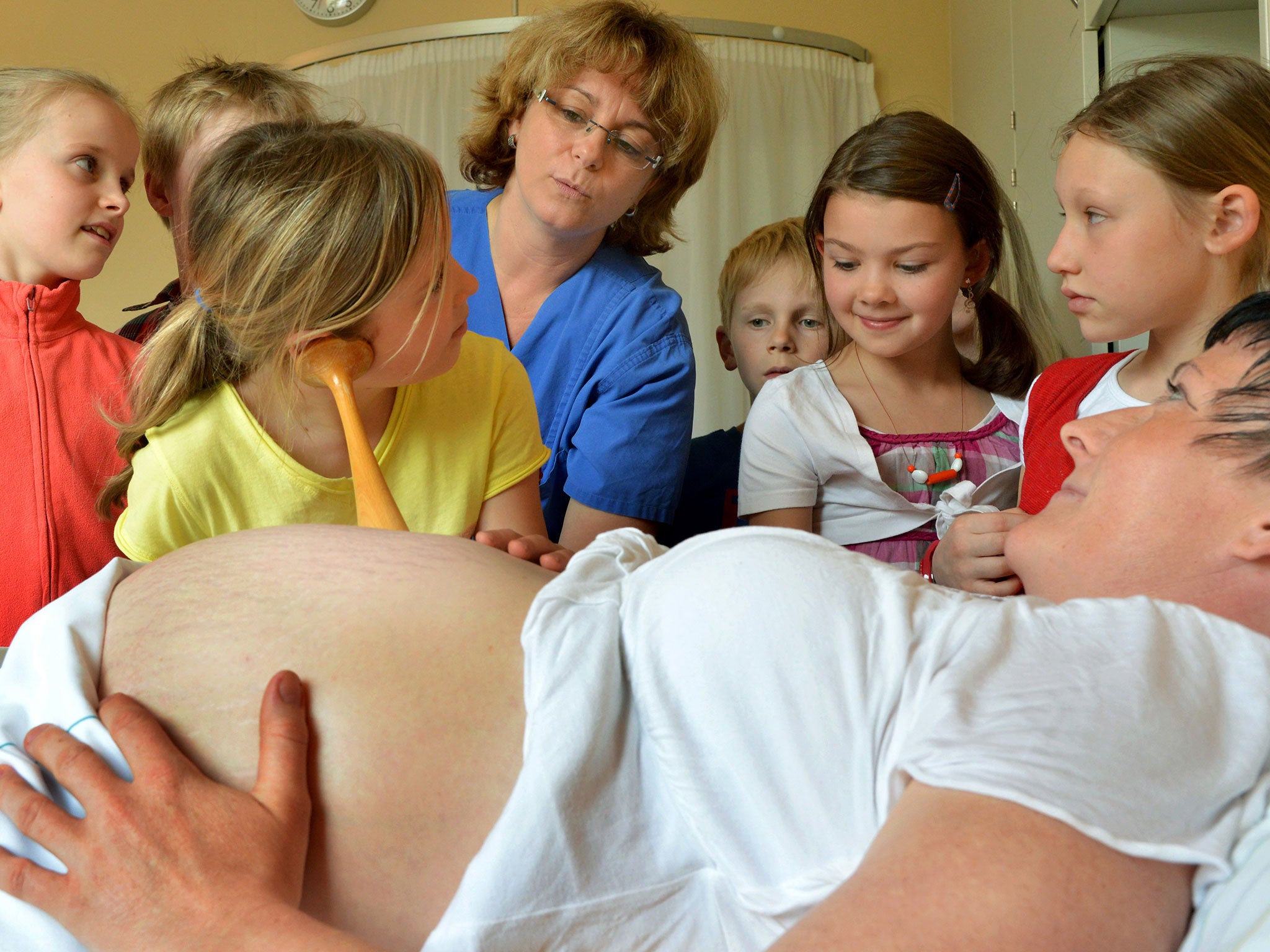Children born to confident mothers will do better in their GCSEs, study suggests

If you want to find out how well a child will do in their GCSE exams, forget the quality of their teachers and look instead at how confident their mother was during pregnancy.
New research published by the Centre for Economic Performance suggests babies born to mothers who hold a strong belief that their fate is in their own hands are likely to perform better in their GCSE exams 16 years later.
The study, which tracked the lives of more than 10,000 young people born in the Bristol area in the early 1990s and analysed their GCSE results, showed that nurture can make a difference to a child’s achievements rather than just relying on nature.
It showed that children to mothers who ranked in the top 25 per cent for control over their own destiny tended to score GCSE results about 17 per cent higher than those in the bottom 25 per cent.
“Mothers who have a higher perceived sense of control over their life early on tend to believe in a more hands-on approach to parenting,” said one of the researchers for the CEP study, Professor Nattavudh Powdthavee. “This is because they strongly believe that their actions will make a difference to their child’s life.
“Consequently, they tend to engage their children in more cognitively stimulating activities such as reading and singing, compared with an average mother.
“This seems to give their children a head start in terms of cognitive development compared with other children.”
Nele Warrinnier, another member of the team, added: “While our study does not offer a definitive answer to this important question, it suggests that just parents having the belief that nurture matters could potentially make a significant difference to their children’s lives.”
Join our commenting forum
Join thought-provoking conversations, follow other Independent readers and see their replies
Comments